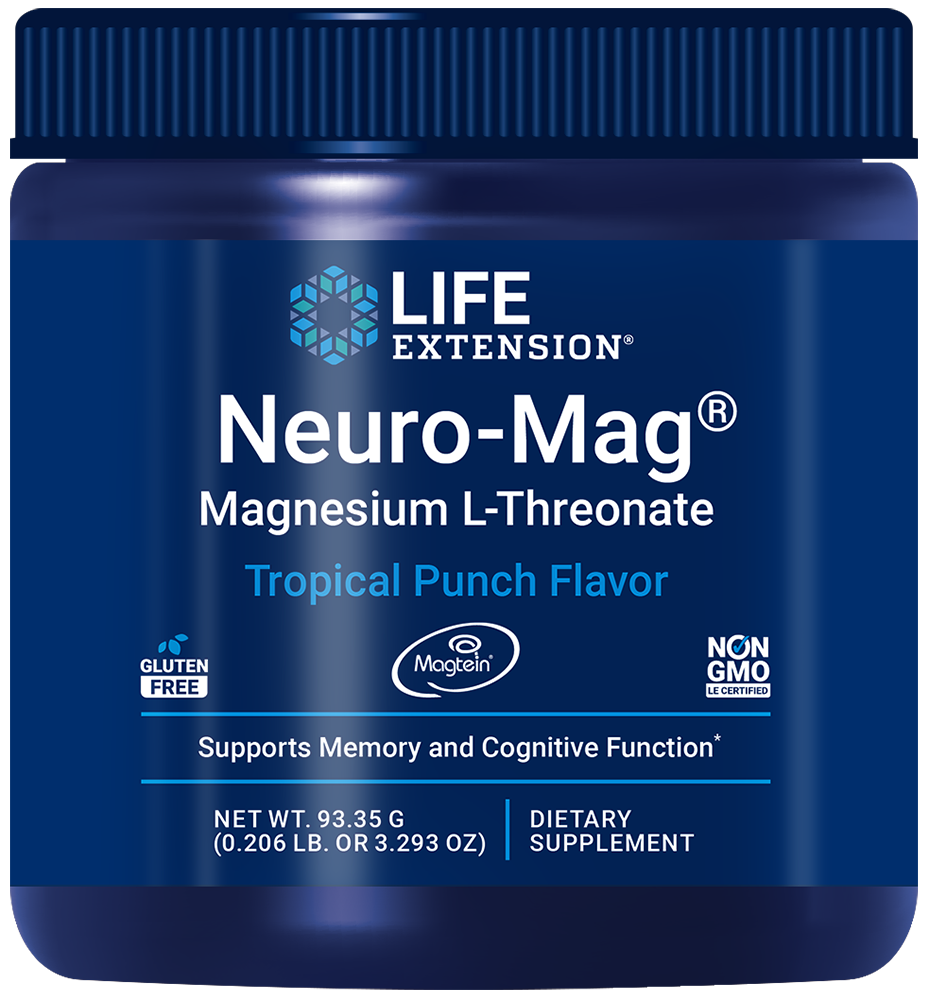
Newsletter
Newsletter
Healthy people who consume high amounts of sugar may be at greater risk of cardiovascular disease



Tuesday, October 24, 2017
On September 18, 2017 Clinical Science reported the finding of changes in fat metabolism associated with an increased risk of cardiovascular disease in healthy men who consumed a high sugar diet for 12 weeks. The changes in metabolism were similar to those observed in nonalcoholic fatty liver disease (NAFLD).
"A high intake of dietary sugars consumed in foods and sugar sweetened beverages has been implicated in the development of fatty liver disease, possibly through adverse effects on lipid metabolism," authors A. Margot Umpleby of the University of Surrey and colleagues observe. "This study was undertaken to determine if liver fat influences the plasma lipid and lipoprotein response to sugars, and the mechanism by which sugars contribute to the accumulation of liver fat."
The study included 11 men with NAFLD and 14 healthy men with a low amount of liver fat. Participants were given diets that contained an equal amount of calories that provided 650 calories from sugar or 140 calories from sugar daily for 12 weeks. At the end of the study, significant differences were observed in the production and breakdown rates of very low-density lipoprotein (VLDL) subclasses between subjects with NAFLD and control subjects in response to the diets. Men with NAFLD who received the high sugar diet exhibited changes associated with a greater risk of cardiovascular disease. Among men who did not have NAFLD who were given the high sugar diet, liver fat increased and fat metabolism became more like that of individuals with NAFLD.
"High and low sugar diets produced differential effects on the metabolism of plasma VLDL subclasses in men with raised liver fat (NAFLD) and low liver fat controls," the authors report. "A high intake of sugars produced changes in the lipoprotein metabolism of controls that were characteristic of men with NAFLD. These findings indicate that the accumulation of liver fat can influence the plasma lipid and lipoprotein response to dietary sugars, and provide new evidence for a mechanism to explain how sugars may contribute to NAFLD and dyslipidemia."
"Our findings provide new evidence that consuming high amounts of sugar can alter your fat metabolism in ways that could increase your risk of cardiovascular disease,” affirmed lead researcher Bruce Griffin, who is a Professor of Nutritional Metabolism at the University of Surrey in England. "While most adults don't consume the high levels of sugar we used in this study, some children and teenagers may reach these levels of sugar intake by over-consuming fizzy drinks and sweets. This raises concern for the future health of the younger population, especially in view of the alarmingly high prevalence of NAFLD in children and teenagers, and exponential rise of fatal liver disease in adults."
 |
|
||||||||||||||||
|
|||||||||||||||||
 |
|
|||||||||||||||||
|
||||||||||||||||||
When taking charge of your health, "winging it" is not ideal. You'll need to carefully choose the right supplements to provide your body with only the best! Not sure what supplements are right for you? Don't go it alone … our Supplement Guide is here to help.
Our Supplement Guide is an interactive tool where you give simple, confidential answers to pertinent questions that focus on your overall health and current lifestyle. You'll be guided through the entire process and at the end, have a personalized supplement regimen suggested to you via email. Our Supplement Guide is designed to help you steer your health in the right direction. Once you get started, you can always make adjustments to further optimize your nutritional supplement regimen. Visit our Supplement Guide today.
How Life Extension lab testing works
Connecting to Agent...
Who would you like to talk to?
Chat Hours:
Visit Contact Us or Call us:
7 days a week | 24 hours
Mon - Fri | 7:30 AM - 12 AM (ET)
Sat & Sun | 9 AM - 12 AM (ET)
How was your experience with our Agent?